How to Handle Skin Changes During and After Pregnancy
Common Skin Changes During Pregnancy
Acne
Many women experience acne during pregnancy, largely due to increased blood flow and higher oil production. While this can be frustrating, it’s important to steer clear of harsher treatments like isotretinoin or tretinoin, which can harm the baby. Instead, opt for gentler, pregnancy-safe acne treatments and consult with your healthcare provider for the best advice. The good news is that acne tends to fade after delivery as your hormones return to normal.
Dark Spots (Melasma/Chloasma)
Hormonal fluctuations during pregnancy can trigger the production of excess melanin, leading to dark patches on the skin, often called “the mask of pregnancy.” These spots typically appear on the forehead, cheeks, and upper lip. To prevent worsening of dark spots, minimize sun exposure, wear a broad-spectrum sunscreen every day, and consider wearing a wide-brimmed hat outdoors. Thankfully, these marks usually fade after pregnancy, although they can take time.
Stretch Marks
As the body stretches to accommodate a growing baby, many women notice stretch marks, especially on the belly, breasts, thighs, and hips. While there are no guaranteed ways to prevent stretch marks, regularly moisturizing can help reduce irritation and keep the skin comfortable. While the marks may remain after childbirth, they tend to become less noticeable over time, fading into a silvery hue.
Spider Veins and Varicose Veins
Hormonal changes and increased blood volume can lead to the appearance of small, red veins on the face and neck, called spider veins. Varicose veins, which are larger, may form in the legs or even in the vulva or rectum. These are typically cosmetic concerns, and the veins usually improve or resolve after childbirth. Wearing compression stockings and elevating your legs can help alleviate any discomfort during pregnancy.
Itchy Skin
Pregnancy-related itchiness is common, especially during the winter months when skin tends to get drier. If your skin becomes excessively itchy or if you develop a rash, it’s a good idea to speak with your healthcare provider to rule out any underlying conditions. Using a rich moisturizer and taking short, lukewarm showers can help soothe dryness and irritation.
Hair Growth
Increased hormone levels during pregnancy can make your hair thicker and more luscious, but some women also experience unwanted hair growth on areas like the face, chin, or neck. While this is typically temporary, if it’s bothering you, there are safe hair-removal methods, such as waxing or shaving, that can help manage it during pregnancy. After giving birth, your hair may return to its normal growth cycle, and the excessive hair growth should subside.
Postpartum Skin Changes
- Melasma (Mask of Pregnancy):
- Hormonal fluctuations can worsen melasma after birth.
- Triggered by sun exposure and genetic factors.
- Use sunscreen, avoid tanning beds, and consider azelaic acid for treatment.
- Hormonal Acne:
- Hormonal fluctuations postpartum can continue causing acne.
- May worsen with breastfeeding, as hormone levels are still high.
- Safe treatments include topical benzoyl peroxide or azelaic acid.
- Telogen Effluvium (Hair Loss):
- Increased estrogen during pregnancy prevents typical hair loss, but after birth, hair may shed in clumps.
- This condition is self-limiting and usually resolves within six months.
- Maintain a healthy diet to support regrowth.
- Varicose Veins (Spider Veins):
- Can persist postpartum, caused by increased blood volume during pregnancy.
- They often resolve after a few months, but conservative treatments like compression therapy can help manage discomfort.
- Dry Skin:
- Hormonal changes can lead to skin dryness, especially with breastfeeding.
- Use moisturizers with emollients, occlusives, and humectants, and consider serums with hyaluronic acid and vitamin C.
Key Tips for Managing Skin Changes During and After Pregnancy
Hydration and Moisturization
Keeping your skin hydrated is crucial during pregnancy, especially with all the changes your body is going through. Look for gentle, hydrating skincare products that contain ingredients like glycerin, ceramides, and hyaluronic acid. These will help maintain your skin’s moisture balance and support its overall health. Apply a good moisturizer regularly to keep dryness at bay, particularly if you’re prone to itchy or flaky skin.
Sun Protection
Melasma and other pigmentation changes can worsen with sun exposure, so sun protection is a must. Opt for a broad-spectrum sunscreen that doesn’t contain harmful chemicals like oxybenzone. Instead, look for physical sunscreens with ingredients like zinc oxide or titanium dioxide, which are safer during pregnancy. Make sunscreen a part of your daily routine, even if you’re indoors most of the time, as UV rays can penetrate through windows.
Avoid Harmful Ingredients
Some ingredients are best avoided while pregnant, particularly retinoids like tretinoin, which may pose risks to your developing baby. When it comes to acne treatments, seek alternatives like salicylic acid in low concentrations (under 2%), which is generally considered safe during pregnancy. Always check the ingredient list and steer clear of anything you’re unsure about.
Consult Healthcare Providers
If you’re experiencing significant skin issues like persistent acne, melasma, or hair growth, it’s a good idea to consult a dermatologist or obstetrician. Don’t rely solely on online sources for advice, as each pregnancy is unique. A healthcare professional can help tailor your skincare routine to suit your needs and guide you on which products are safe to use.
General Skin Care Advice During Pregnancy
Don’t Overload on Products
During pregnancy, your skin may be more sensitive than usual, so it’s best to keep your routine simple and effective. Avoid overwhelming your skin with too many products at once. Instead, focus on a basic skincare routine that includes gentle cleansing, moisturizing, and sun protection. This will help maintain your skin’s health without causing irritation or triggering any sensitivities.
Use Non-Scented Products
Pregnancy hormones can make you more sensitive to scents, so it’s a good idea to switch to unscented skincare products. Strong fragrances in creams, lotions, or cleansers can sometimes trigger nausea or irritate your skin. Opt for fragrance-free or lightly scented products to keep things comfortable and avoid any unwanted reactions. Keeping your skincare routine clean and minimal can also help your skin stay balanced.
Pregnancy-Specific Skincare Advice
When it comes to skincare during pregnancy, do not being swayed by marketing claims that pressure you into making drastic changes. Pregnancy is a time when your skin may change, but that doesn’t mean you need to overhaul your entire routine. The focus should be on hydration, sun protection, and consulting with healthcare professionals about the safety of any products you’re considering. It’s all about finding the balance and keeping things simple and effective.
Key Ingredients to Use
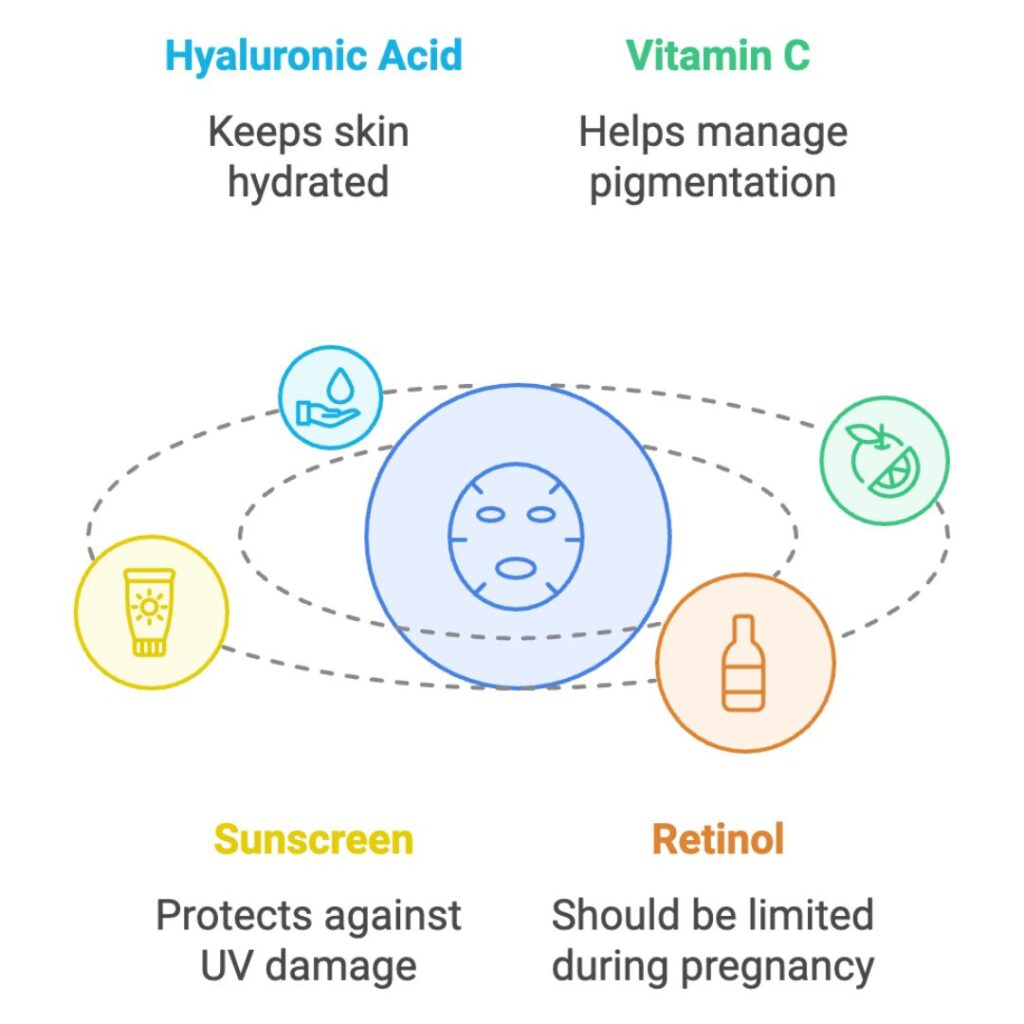
Experts suggest incorporating ingredients like hyaluronic acid to keep the skin hydrated, and vitamin C for helping to manage pigmentation changes like melasma. Sunscreen is an absolute must to protect against UV damage and prevent pigmentation from worsening. As for ingredients to avoid, retinol and other high-concentration vitamin A derivatives should be limited during pregnancy. If you do need to use them, opt for lower-concentration products, and always consult with your healthcare provider before incorporating any new active ingredients into your routine.

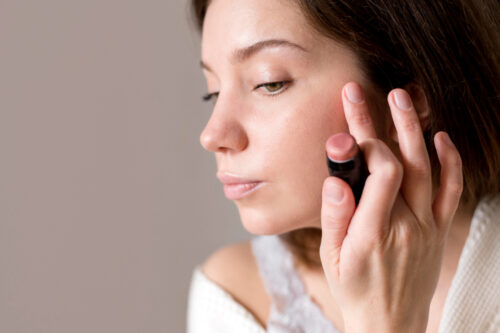
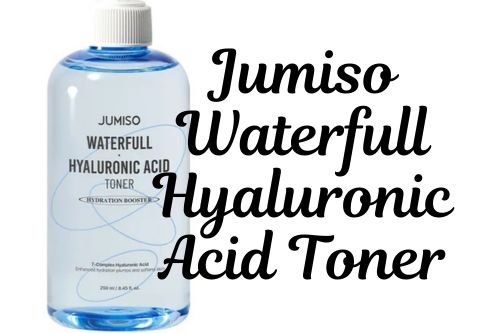
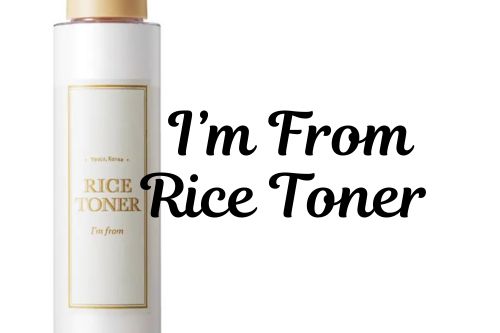



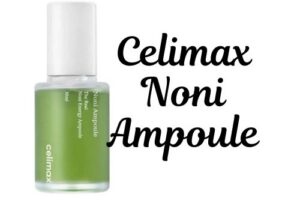






Post Comment